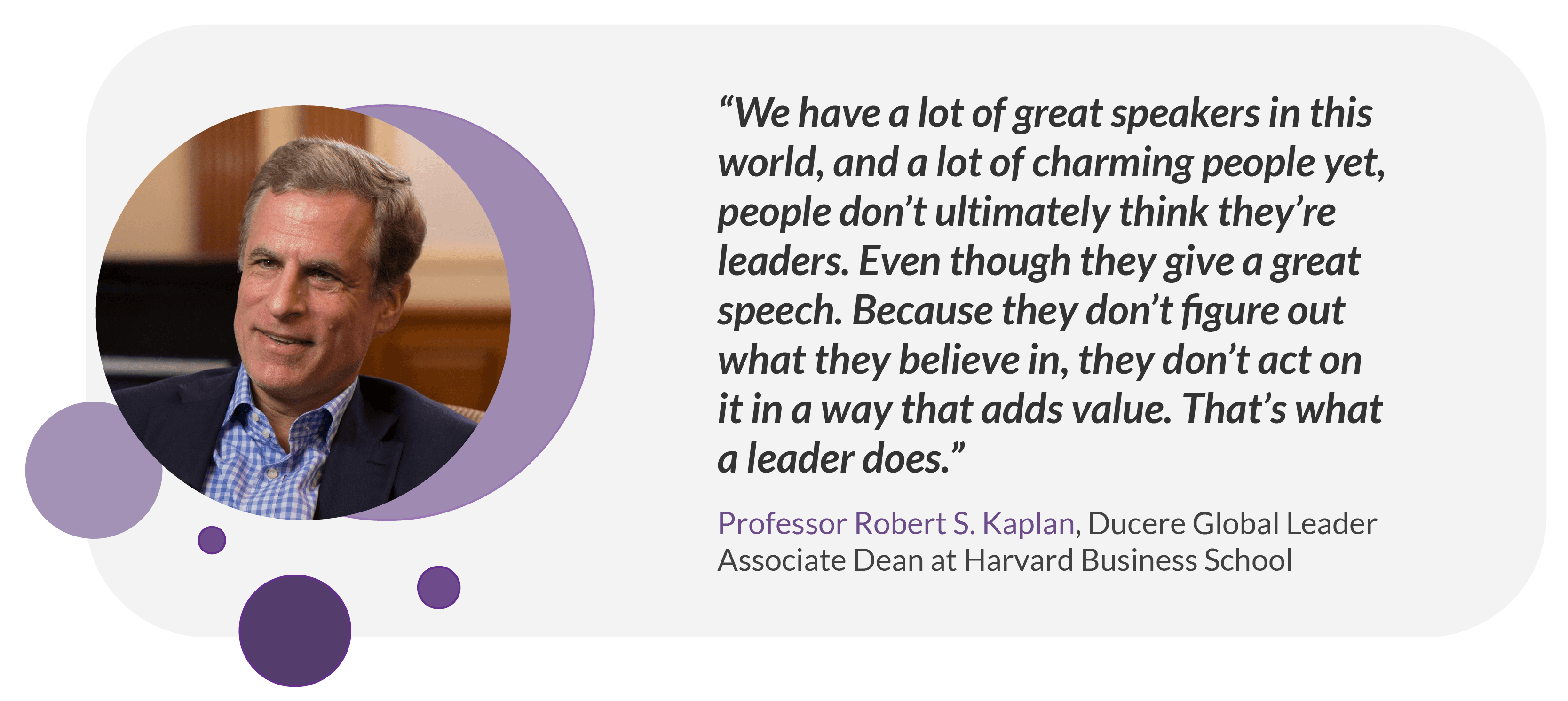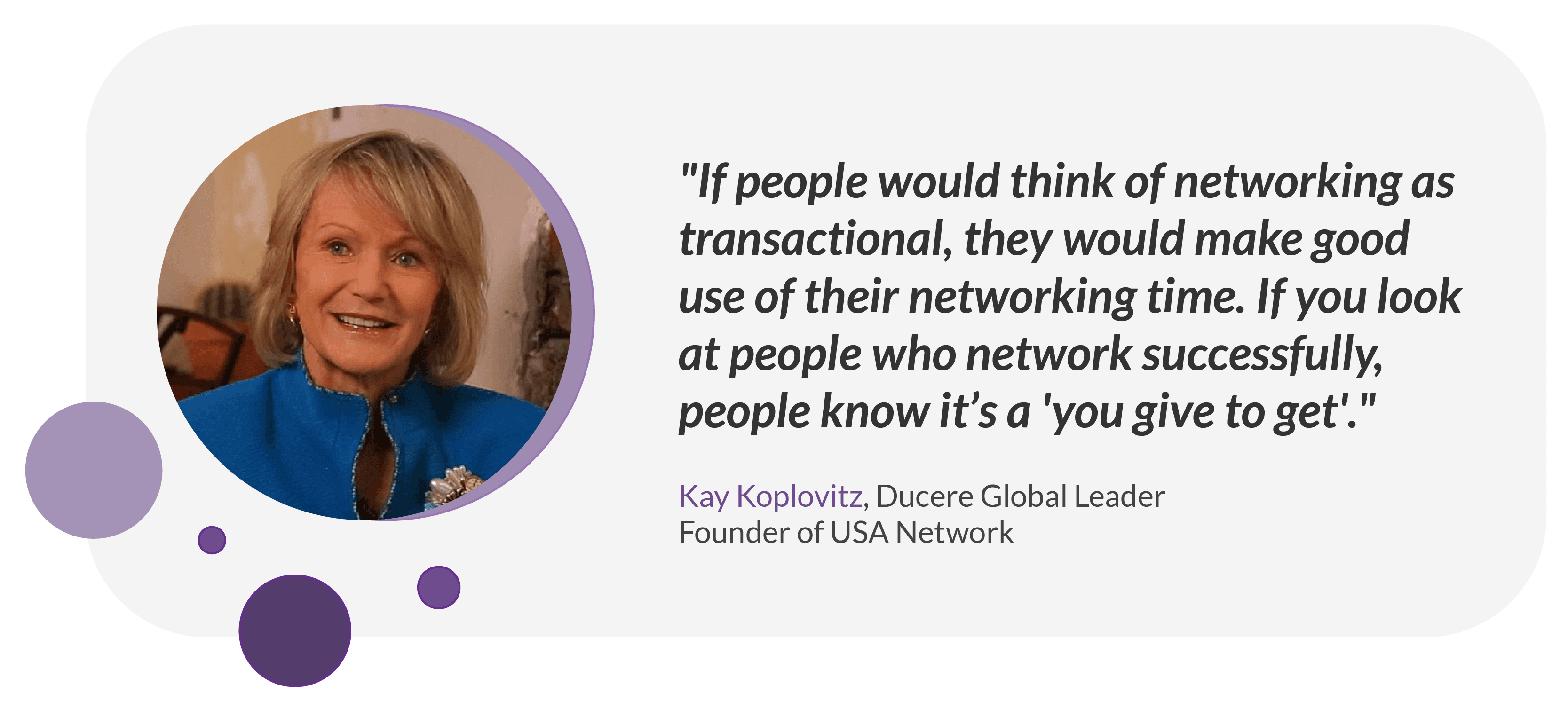In this post
3 Ways Experiential Learning Can Help You Get Your Edge

As the modern job market continues to shift and grow, employers are increasingly favouring experiential learning over traditional academia.
Many graduates feel unprepared for “real life” work.
They’re unsure how to reconcile classroom learning with practical application. These feelings often come down to a lack of opportunities to develop critical industry-specific skills through experience while studying. The lack of confidence in recent graduates can lead to low employability and stalled career progression goals.
If you’re looking to stay ahead in your career, you need to upskill strategically. Choosing to disrupt the traditional academic pathway and prioritising real-world professional opportunities should be the driving force behind deciding on a degree course provider.
What is experiential learning?
Experiential learning, or applied learning, is a disruptive education practice that moves away from the teacher-to-student information pathway that traditional academia tends to follow.
This learning method is inspired by the question ‘what would a future employer value more?’ or, for those business owners out there ‘what do you need to grow your business?’.
- Just an MBA? Or,
- An MBA that incorporates an industry-relevant practical project?
Which of these options prepares the student for real work better?
Rather than dictate what and how to learn, teachers facilitate real-world industry experiences that allow students to reflect and identify what skills they need.
Students are encouraged to collaborate, experience, reflect and test practical skills while in a controlled education environment. As a result, students are more likely to develop critical transferable skills that, as graduates, they can confidently bring to current and new workplaces.

Why should this be prioritised?
According to KPMG, approximately 40% of current Australian jobs are at risk of disappearing within the next 7-12 years. The knowledge and service industry is projected to rapidly grow as the fourth industrial revolution of technology-centric business continues to take over.
So, how do we prepare future and current professionals for this inevitable shift?
Education providers need to focus on helping students develop strong practical skills that will ensure they thrive in a technology-heavy and globalised market.
Social and cognitive skills that can only be developed through exposure to ‘non-routine’ situations in the real business world should be central to new-age qualifications.
1. Leaders create leaders
Educators play a critical role in the experiential learning approach. Their main goal is to facilitate students to transfer knowledge into real-world understanding. This method is very student-centric and places the student in a position of active decision-making and problem-solving.
Education providers must understand the importance of good teachers to facilitate practical, industry-relevant learning. By building a faculty of over 250 global leaders and business innovators, Ducere provides its students with direct access to invaluable insights into their chosen field, bridging the gap between traditional academics and industry coaching.
Effective applied learning often inspires students to push further in their careers. By modelling student coursework around current industry-relevant case studies and practical projects, Ducere encourages students to take autonomy and value in their learning.
2. Find your value through projects and assignments tailored to you

The most critical part of successful experiential learning is incorporating industry-relevant opportunities to facilitate the transfer of knowledge from paper to reality.
Experiential learning relates course structures and teaching content to practical application consistently. It’s in this space that leaders are given the agency to grow.
Ducere seeks to do this in three critical ways:
You choose your own assignments when undertaking a Bachelor’s qualification, allowing students to work towards their own small business plans consistently.
You will have no examination assessments. Any assessments throughout your qualification focus on testing practical skills and their application in a realistic way.
You work on three current industry projects with company partners of Ducere when undertaking an MBA.
These teaching methods ensure the curriculum facilitates participation. This allows students to identify and reflect in real-time what skills they need to build upon to become great leaders while receiving supportive mentorship from global industry leaders.
Learn from the leaders behind the projects
Applied learning is only as effective as the student who’s willing to ask questions and learn from those currently living their business goals. That’s why, choosing to participate in projects with organisations or leading business figures that inspire you and your goals, is essential.
Choosing a degree provider that can facilitate access to a broad range of partnerships and industry-relevant projects will allow you to explore and learn about the multi-faceted nature of the ‘business’ industry.
Ducere, for example, aims to provide partnership opportunities with industry organisations that give students access to projects with real commercial impact and exposure to an organisation on a national scale.
Some of Ducere’s partners include:
- KPMG
- NAB
- Save the Children
- Telstra

Practical curriculum components with industry partners also allow students to show potential future employers their ability to adapt, reflect, learn, and professionally handle themselves in real-time.
3. Experience grows your network

Networking is a significant part of what makes experiential learning so valuable, especially within business and entrepreneurship. It’s how people find more opportunities, support, and inspiration in what can be an overwhelming industry.
Ducere capitalises on networking opportunities for its students by hosting events, networking evenings, and seminars with its global leader faculty and guests. This allows students to ask relevant questions and find out more about the opportunities available to them post-graduation.
Taking the next step
If you’re ready to take the next step in your career and stay ahead of the professional curve, you should consider completing a degree qualification with Ducere Global Business School.
Whether you’re just starting your career and looking for an immersive Bachelor of Business qualification or you’re ready to gain a market edge with an industry-immersed MBA, training.com.au is your one-stop marketplace for all Ducere courses.
Move forward with Australia’s leader in applied learning and become a Ducere work-ready graduate.
Browse Results
Diploma of Nursing (SA and WA Only) HLT54121
Build a meaningful career that makes a difference with the HLT54121 Diploma of Nursing. This nationally recognised qualification provides the essential skills, knowledge, and practical training needed to become a qualified Enrolled Nurse in Australia....
Certificate IV in Accounting and Bookkeeping FNS40222
Become a financial all-rounder with the FNS40222 Certificate IV in Accounting and Bookkeeping. You will gain skills across the board from accounting to financial planning, bookkeeping, auditing and payroll. Whether you’re looking to start your own busi...
Dual Certificate IV in Alcohol and Other Drugs & Certificate IV in Mental Health CHC43215, CHC43315
This dual Certificate IV program will train you to assist people who are struggling with mental health, alcohol and drugs. You will graduate equipped to deliver treatment tailored to the individual, to improve their lives and give them hope for the fut...
Diploma of Business BSB50120
Business management roles are one of the largest and most varied occupations in Australia. These include general administrative, frontline management, and core business operational roles, which are applicable across a range of industries. In fact, the...
Certified AI Engineer Professional
Did you know that Australia has experienced an astounding 300% growth in AI-related jobs over the past five years? With an estimate annual growth rate of 15%, according to SEEK, there’s never been a better time to step into this booming field with an a...
Certificate in Time Management
Discover advanced time management strategies and techniques! Find out how to improve time management within your teams and wider company with our Certificate in Time Management. This in-depth course will help you to develop new time management skills a...
Certificate IV in General Insurance (NSW Only) FNS41422
Our FNS41422 Certificate IV in General Insurance qualification is designed to reflect the role of persons carrying out work in general insurance in a range of organisations. Individuals in these roles apply specialist knowledge and skills to work auton...
Certificate III in Retail (NSW Only) SIR30216
Our SIR30216 Certificate III in Retail qualification is designed to prepare individuals for varied roles across different industries and environments while exercising professional judgement. Throughout the program, students should develop a broad range...
Photography Essentials: Capture the Moment
Want to develop your artistic and technical photography skills? In Ulleo’s short course, you’ll learn how to get the most out of your camera and use light, colour and composition to create photos that make an impact. You’ll also learn how to refine you...
Certificate IV in Hospitality (Melbourne Only) SIT40422
Our government-funded SIT40422 Certificate IV in Hospitality offers comprehensive training, including RSA certification, Food Handler’s certificate, bar and cocktail making, beer knowledge, espresso coffee skills, food and beverage service, an introduc...
Diploma of Digital Marketing 10931NAT
Gain essential fluency to succeed as a marketer in this digital age. Growth-minded professionals and business entrepreneurs can leverage versatile skills to execute digital marketing campaigns, win customers, and collaborate with marketing agencies. Th...
Diploma of Project Management BSB51415
The need to coordinate, lead and deliver projects from concept to completion can be a deciding factor in running a business or construction project effectively. With ACBI’s BSB50820 Diploma of Project Management, you get the best of both worlds. Our na...
Certificate IV in Work Health and Safety BSB41419
Gaining a nationally recognised work health and safety qualification can help you kickstart and accelerate your WHS career. It will equip you to join a growing WHS industry that offers stable job opportunities. WHS skills are needed are in a wide range...
Certificate IV in Training and Assessment TAE40122
If you’re looking to secure your career in the Vocational Education and Training (VET) sector, the TAE40122 Certificate IV in Training and Assessment is a great foundational qualification. By studying for this certificate, you’ll gain skills in educati...
Certificate IV in Social Media and Digital Marketing 11302NAT
Thinking of turning your time scrolling into a career? Studying the Certificate IV in Social Media and Digital Marketing will give you a foundation in using a wide range of social media tools and platforms. It’s the secret sauce for landing an entry-le...
Certificate IV in Health Administration HLT47315
As the largest employer and fastest growing industry in Australia, the healthcare sector is a financially and mentally rewarding career path. As a nationally accredited course, this Certificate IV in Health Administration will propel your career toward...
Complete Personal Trainer Program – Certificates III & IV in Fitness (VIC, NSW, QLD, SA & WA Only) SIS30321,SIS40221
Our Personal Trainer Program is a combined Certificate III and Certificate IV in Fitness course that is simply the very best way to become a fully qualified personal trainer. NHFA is devoted to excellence in teaching, learning, implementation, and to d...
Certificate IV in Training & Assessment TAE40122
The TAE40122 Certificate IV in Training and Assessment is a life-changing qualification designed to help everyday people pass on their wealth of knowledge and expertise to others. This entry-level qualification is the most current version of the Certif...
Certificate IV in Leadership and Management (VIC Only) BSB42015
This program provides participants with the essential knowledge and skills to undertake management positions. This includes assuming responsibility for their own performance, providing leadership, guidance and support to others. Develop the knowledge a...
Pilates Matwork Instructor Course
Standout in the fitness and wellness industry with an accredited Mat Pilates Qualification! This course is a great opportunity to add a new skill set to your existing career or bundle with fitness certifications to establish yourself as a diverse, mult...
Online courses also available
Latest Articles
Agriculture Careers: What You Should Know in 2025
As one of Australia's most important industries, the agriculture industry offers great career opport...
Are Digital Skills the Key to Job Security in 2025?
The digital revolution is here, and it doesn’t care if you have a technical job or not — it’s coming...
How to Become a Chef in Australia: Complete Guide for 2025
The complete guide to becoming a chef in Australia. Learn how to get your start and make it in the h...
Want to read more?
The Top 5 Benefits of Being a Working Parent
Considering starting work as a parent? Here are three of the most important reasons as to why being...
Which Counselling Course is Right for You?
There are many counselling courses available to help you embark on your career. Find out which couns...
Example Cover Letter for Retail
A quality sample of a cover letter for retail. Learn what to include in your cover letter to help em...













